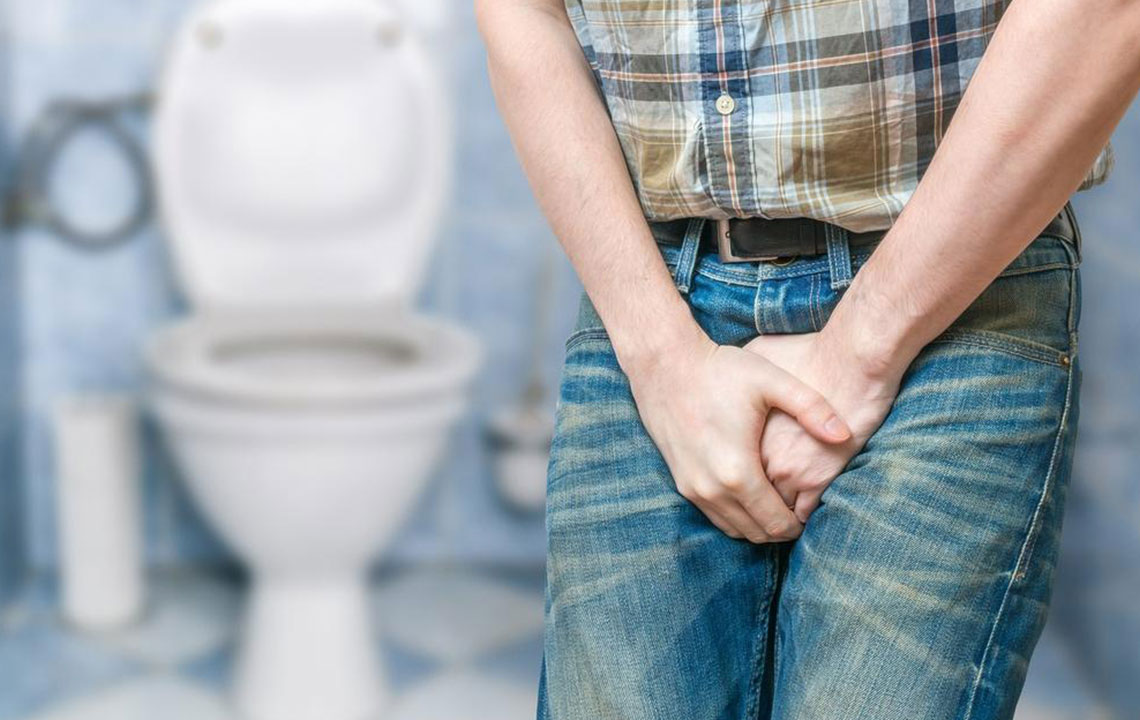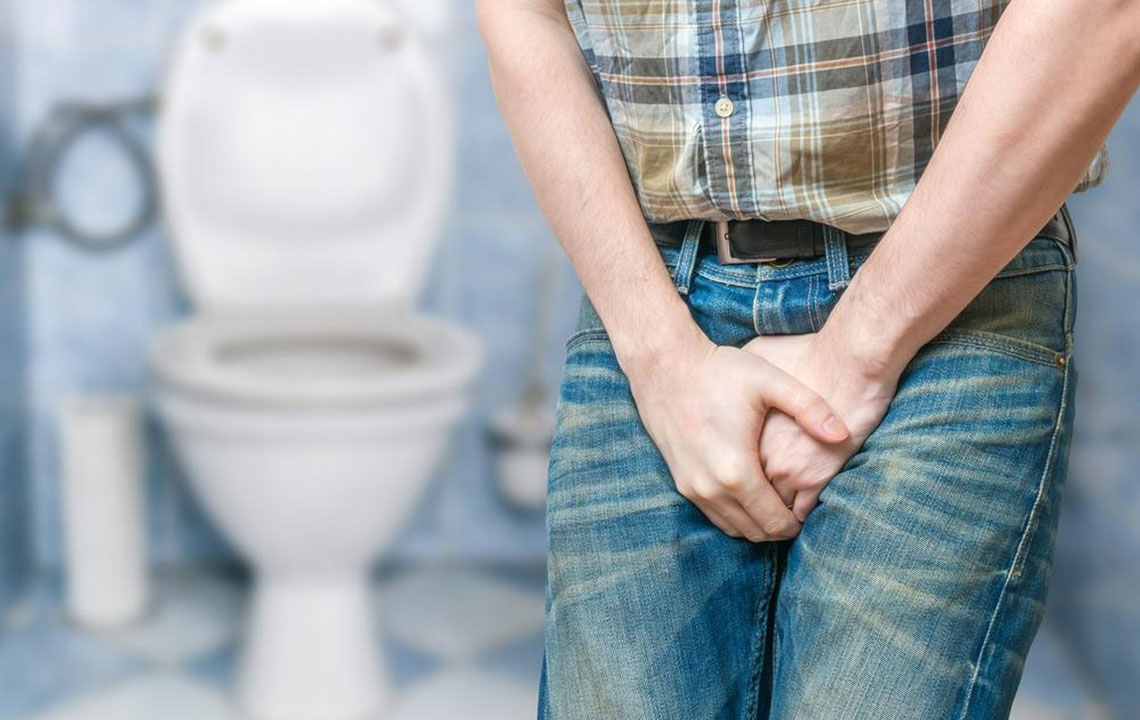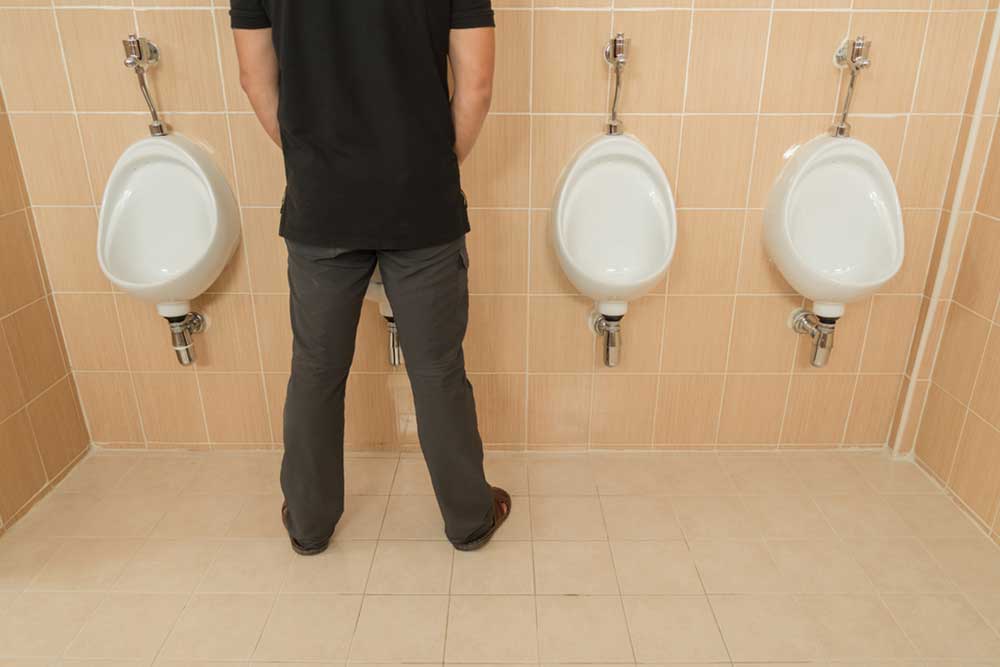Comprehensive Guide to Managing Frequent Urination: Causes, Diagnosis, and Treatment Strategies
This comprehensive article explores the causes, diagnostic methods, and treatment options for frequent urination. It emphasizes the importance of understanding underlying health conditions, undergoing proper testing, and adopting personalized management strategies. Learn how to identify symptoms early, seek appropriate medical care, and improve quality of life through effective solutions tailored to individual needs.

Comprehensive Guide to Managing Frequent Urination: Causes, Diagnosis, and Treatment Strategies
Frequent urination, medically known as urinary frequency, is a common health concern characterized by the need to urinate more often than usual within a 24-hour period. Typically, this means urinating eight or more times daily, although the normal frequency can vary depending on individual factors such as fluid intake and health status. This condition affects both men and women regardless of age, and while occasional episodes are common, persistent frequent urination can significantly impact daily life and wellbeing. Understanding the underlying causes, diagnostic procedures, and effective management options is essential for those affected. This comprehensive guide aims to shed light on all these aspects to help you better understand this condition and seek appropriate care.
Frequent urination is often a symptom of an underlying health issue rather than a standalone problem. Identifying the root cause is crucial for effective treatment and improving quality of life. Various factors, ranging from lifestyle habits to underlying medical conditions, can contribute to this condition, making it necessary for a healthcare professional to perform a thorough evaluation. Let's explore the common causes, diagnostic techniques, and treatment options available to manage frequent urination effectively.
Common Causes of Frequent Urination
Often, frequent urination is linked to specific health conditions or lifestyle factors. Recognizing these causes helps in diagnosing and planning an effective treatment strategy. Below are some of the most prevalent contributors:
Diabetes Mellitus: Both type 1 and type 2 diabetes can cause increased urination as a symptom of high blood sugar levels. The kidneys work overtime to filter excess glucose, leading to increased urine production.
Urinary Tract Infections (UTIs): Infections in the urinary system can cause inflammation, irritation, and an increased urgency to urinate, often accompanied by burning sensation and cloudy urine.
Bladder Tumors or Growths: Abnormal growths within the bladder can interfere with normal urine storage and elimination, resulting in frequent urination.
Radiation Therapy: Patients undergoing pelvic radiation for cancers may develop bladder or urethral irritation, leading to increased urinary frequency.
Overactive Bladder (OAB): A neurological or muscular malfunction causes the bladder muscles to contract involuntarily, resulting in urgent and frequent urination.
Prostate Issues in Men: Conditions like benign prostatic hyperplasia (BPH) can obstruct the urethra and increase urinary frequency and urgency.
Use of Diuretics: Medications prescribed for high blood pressure, heart failure, or edema increase urine production, often leading to frequent urination.
Pelvic Floor Weakness: Childbirth, aging, or pelvic surgeries can weaken the pelvic muscles, causing difficulty in controlling urination and leading to frequent trips to the bathroom.
Neurological Conditions: Disorders such as stroke, multiple sclerosis, or spinal cord injuries can disrupt nerve signals involved in bladder control, resulting in frequent urination.
Interstitial Cystitis: Also known as painful bladder syndrome, this chronic condition involves bladder inflammation and discomfort, often presenting with increased urination frequency.
It's important to note that these causes can sometimes overlap, and a single patient may have multiple contributing factors. Identification of the precise cause necessitates a detailed medical history and comprehensive testing.
Diagnostic Procedures for Frequent Urination
To accurately diagnose the underlying reason for frequent urination, doctors employ a variety of diagnostic tests. These procedures help pinpoint the exact cause, guiding appropriate treatment. The main assessments include:
Physical Examination: A thorough check-up to assess abdominal, pelvic, and neurological health, and to detect any physical abnormalities.
Medical History Review: Discussion of symptoms, medication use, fluid intake, and lifestyle habits that might influence urinary patterns.
Urinalysis: Laboratory analysis of urine samples to detect infections, blood, protein, glucose, or other abnormalities.
Cystometry: A specialized test measuring bladder pressure and capacity to evaluate bladder function and detect abnormalities.
Ultrasound Bladder Scan: Non-invasive imaging to assess residual urine volume after voiding and examine bladder and kidney structure.
Cystoscopy: An endoscopic procedure allowing visualization inside the bladder and urethra for tumors, stones, or inflammation.
Urodynamic Studies: A series of tests that analyze the storage and voiding phases of the bladder to identify dysfunction or nerve damage.
Based on these assessments, physicians can determine whether the frequent urination is due to infection, structural anomalies, neurological issues, or metabolic conditions like diabetes. An accurate diagnosis is the cornerstone of effective treatment.
Effective Treatment and Management Strategies
Addressing frequent urination involves targeting the root cause and adopting lifestyle modifications to alleviate symptoms. Management plans are often multifaceted and personalized. Here are some of the most common approaches:
Medical Treatment: Depending on the diagnosis, physicians may prescribe antibiotics for infections, anticholinergic medications for overactive bladder, or specific therapies for underlying conditions such as diabetes or prostate enlargement.
Lifestyle and Dietary Changes: Reducing caffeine, alcohol, and spicy foods can decrease bladder irritability. Increasing dietary fiber improves bowel health, which can positively influence bladder function.
Fluid Management: Limiting fluid intake in the evening can help reduce nocturia and improve sleep quality. Drinking adequate amounts during the day helps maintain hydration without overloading the bladder.
Pelvic Floor Exercises: Kegel exercises strengthen the pelvic muscles, helping control urinary leakage and reduce urgency. Regular practice can significantly improve symptoms of overactive bladder and pelvic floor weakness.
Complementary Therapies: Techniques such as acupuncture, biofeedback, and bladder training may offer symptom relief and improve quality of life.
Hormonal Therapy: For postmenopausal women, estrogen therapy may help reduce bladder symptoms related to hormonal changes.
Surgical Interventions: In severe cases, procedures like transurethral resection of the prostate (TURP), bladder augmentation, or urinary diversion may be necessary to restore normal function.
It's important to consult with a healthcare professional to develop a tailored treatment plan. Early intervention can prevent complications such as urinary retention, infections, or ongoing discomfort.
Prevention and When to Seek Medical Attention
While some causes of frequent urination can be prevented through lifestyle modifications, others require medical management. Preventive tips include maintaining a healthy weight, managing chronic conditions like diabetes effectively, and practicing good hydration habits. If you experience persistent symptoms such as increased urgency, pain, blood in urine, or if frequent urination interferes with daily activities, prompt medical attention is strongly advised. Early diagnosis and intervention can prevent worsening of symptoms and associated complications.
Conclusion
Frequent urination is a multifactorial condition that can stem from benign lifestyle habits or serious underlying health issues. Understanding its causes, undergoing proper diagnostic evaluations, and adhering to personalized management strategies are essential steps toward relief and improved quality of life. If you are experiencing persistent urinary symptoms, consult a healthcare professional to ensure accurate diagnosis and effective treatment. With proper care, it's possible to control symptoms, restore normal urinary function, and improve your overall health and comfort.





